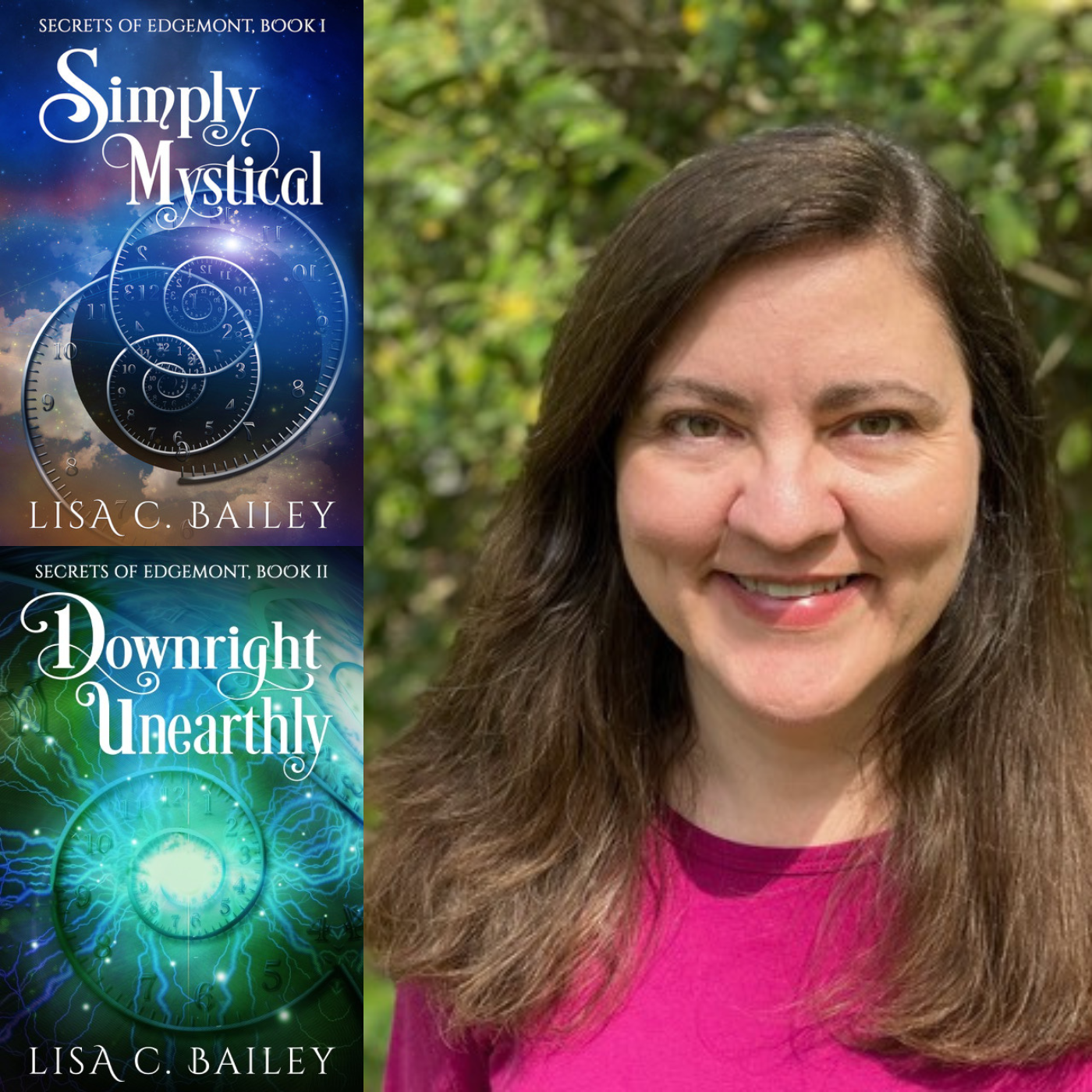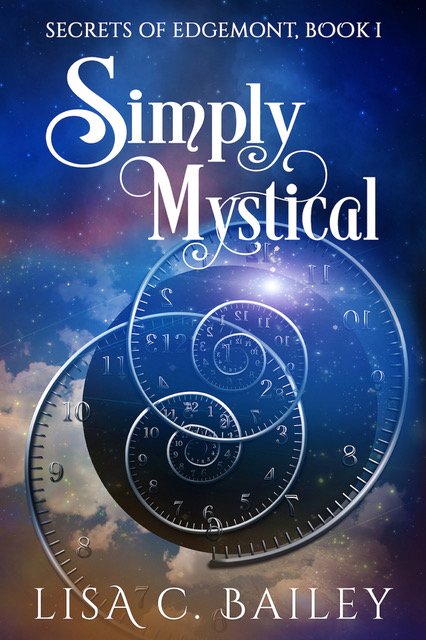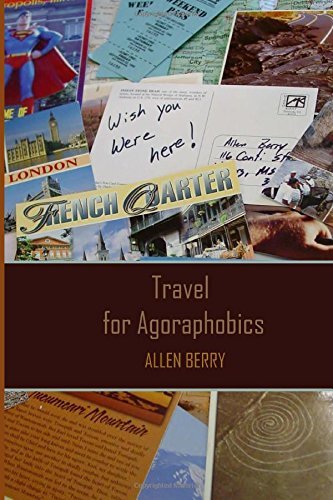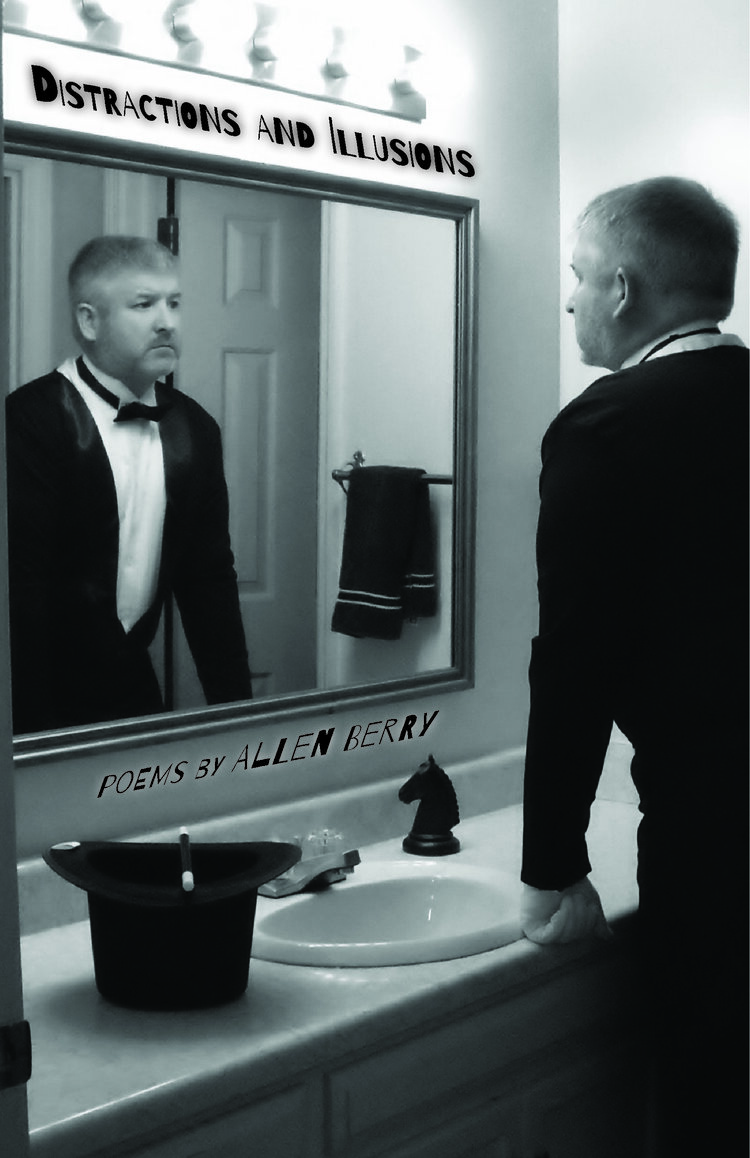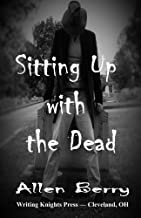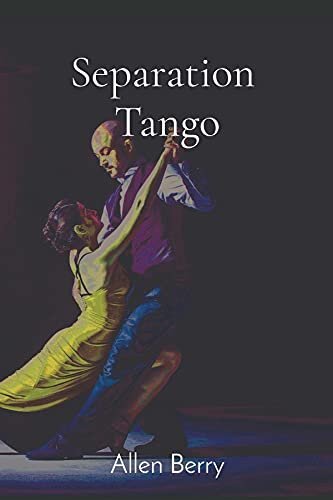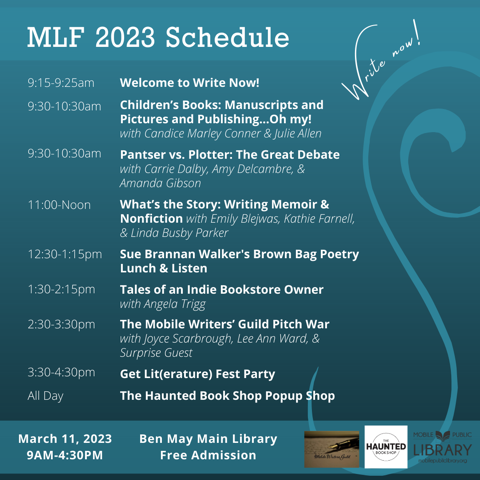The Alabama Writers’ Forum has extended its search for a new executive director to June 1, 2023. The application process is open, and an updated job description can be found below and at www.writersforum.org.
To apply, please send a letter of application and resume/CV to Alabama Writers’ Forum Search Committee, c/o Jay Lamar, writersforum@writersforum.org, or by regular mail to Alabama Writers’ Forum Search Committee, PO Box 4777, Montgomery, AL 36103-4777. For more information, please contact jaylamar@writersforum.org.
The Alabama Writers’ Forum was established in 1993 to honor the state’s distinguished literary heritage and support its ongoing, vibrant literary culture. Building on 30 years of success, it is poised to launch its next phase of advocacy and engagement on behalf of Alabama’s rich literary arts.
####
ALABAMA WRITERS’ FORUM Executive Director Job Position Announcement
The Alabama Writers Forum invites applications for the Executive Director position to be filled in Summer 2023. The Executive Director is responsible for implementing all AWF programs, writing grant applications, fundraising, developing new programs, hiring and maintaining appropriate staff, connecting with and supporting literary arts endeavors around the state, and working with the board of directors to carry out the organization's mission and aims. AWF is seeking a dynamic, visionary leadership with a proven record of arts administration and fundraising, with preference for literary arts administration and knowledge.
The Alabama Writers’ Forum was founded in 1993 to honor the state’s distinguished literary heritage and support its ongoing literary culture. Since 1997 it has been located in the state’s capitol, Montgomery, Alabama. AWF programs include Writing Our Stories, a nationally recognized creative writing program for justice-involved youth and general student populations. Its Alabama High School Literary Arts Awards program recognizes young writers and their teachers, and schools. The AWF website provides robust and up-to-date content for literary news, reviews, resources, and events. AWF works with a wide network of state and national partnerships to support, advocate, and promote writers and reading throughout the state. A partnership program of the Alabama State Council on the Arts, the Forum has been funded by national organizations, including the National Endowment for the Arts and LitNet, as well as by state agencies, corporate sponsors, and individual and corporate members. For an overview of the Forum’s programs, visit writersforum.org.
The application process is open, and applications will be accepted until June 1, 2023. To apply, send a letter of application and resume/CV to Alabama Writers’ Forum Search Committee, c/o Jay Lamar, writersforum@writersforum.org, or by regular mail to Alabama Writers’ Forum Search Committee, PO Box 4777, Montgomery, AL 36103-4777. For more information, contact Jay Lamar, Associate Director for Programs and Development, jaylamar@writersforum.org.
Executive Director Job Responsibilities
Responsible for planning, organization, and direction of the organization’s operations and programs
May develop new initiatives and programs based on interest and opportunity
Prepares accurate and timely reports on activities, funding, and performance
Identifies and applies for external funding; oversees grant management and reporting
Hires, leads and manages office staff, including teaching writers for the Writing Our
Stories program
Manages relationships with funding organizations, including State and Federal agencies,
corporations, foundations and other donors
Reports to the AWF board of directors
Executive Director Qualifications / Skills
Demonstrated leadership and management skills including financial management of substantial budgets
Ability to multi-task and take initiative
Works independently and has strong creative problem-solving skills
Awareness of and experience with regional and national literary arts/arts organizations
(NEA, LitNet, SouthArts, for example)
Can collaborate with diverse people and entities
Education / Experience Requirements
BA in English, creative writing, journalism, education, arts/nonprofit management or related field, or equivalent experience; MFA or other relevant graduate degree a plus
2-5 years nonprofit management experience
Demonstrated experience in these areas:
executive level project management
membership/volunteer management
social, print, and web media development and management
marketing and communications
successful arts advocacy at the local/state level
Experience with successfully seeking, managing, reporting on grants and other sources of
external funding
Experience working with state agencies and other nonprofits
Salary: from $60,000. Benefits: paid holidays (13 state holidays, 10 days over the December- January holidays) and personal leave (1 day a month for 12 months). Retirement benefits and health insurance supplemental contribution available. Residency in Montgomery or proximity strongly preferred. Anticipated start date: September 2023.
The Alabama Writers’ Forum is an equal opportunity employer. We celebrate diversity and are committed to creating an inclusive environment for all employees.




